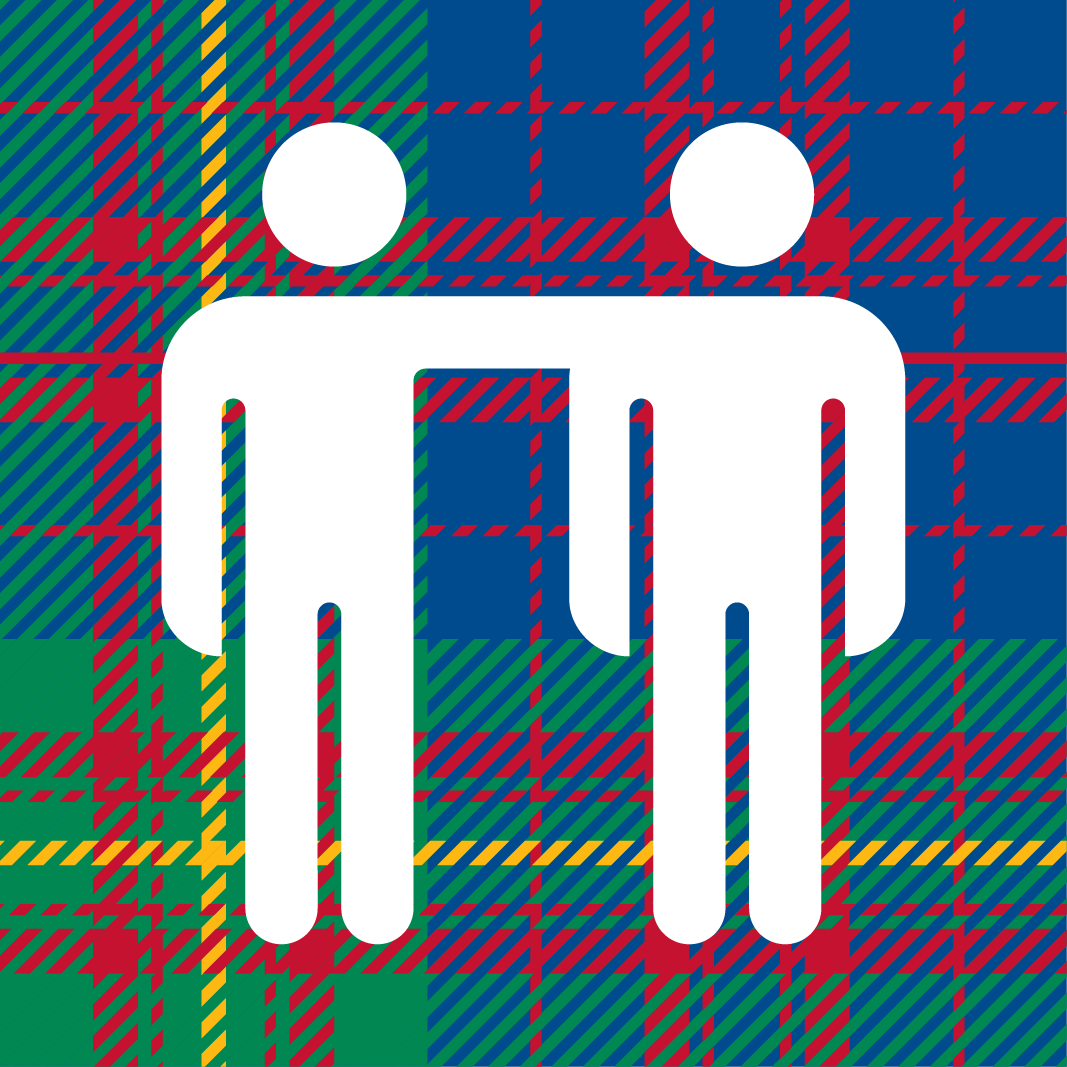At the beginning of this semester we had the discussion of “What is Humanism” and in closing it seems appropriate to talk about posthumanism, or what the evolution of humanistism might be. Posthumanism is similar to humanism in many ways, it seeks to establish a philosophy with elements of ethics, rationality, and compassion. It differs however in the conception of what it means to be human, and pushes us to think about questions we are just now encountering, such as how the human race and our responsibilities are changing in relation to other nonhuman entities, as well as to humans technology. Posthumanism attempts to highlight and bring awareness to the fact that humans are one of many of the organisms that exist on this planet. It boldly rejects the stance that humans are the naturally dominate species, and examines the extent to which we should be fighting for the rights for animals and the environment. Although there are many different formulations, much like humanism, a posthumanist might argue for example that humans have no right to destroy nature, not because of the utility it brings to us, but because it has value in and of itself. They might also argue that humans do not have more moral standing than anything else on this planet a priori. Posthumanists also closely examine the limitations and fallibility of human rationally and intelligence, and in particular the way it is used to make moral decisions. This is in contrast to traditional humanism, which relies on rationality as the basis for making sound moral decisions. Posthumanist are also deeply interested in the very notion of humanity as we know it, and what it will even mean to be ‘human’ in the near future. We already live in a world where technology has enmeshed itself with our day to day lives in ways we can not return from. Looking to the future, we see possibilities of technology changing what it means to be a human being, and the innate abilities that we have. One of the questions posthumanists have about this future is what it will mean when there is an entire class of people who are cyborgs in some way. As our minds and bodies blend with machines, how will that impact the way we think about the world, and our place in it. Electricity, which was once a luxury, is now considered a necessity by many in the modern world. Can we envision a world where having body modifications, like enhanced vision beyond the visible spectrum, just as a small example, is as critical as a light bulb today to see. More pressing questions arise if we conceive of a future where are minds, including our ability to make decisions, our memories, or our very personalities are in some way controlled or managed in part by computers. What will the moral standing be, of the computer that has a generation of thoughts and memories stored on it be, could it be more than a person who is alive today? Finally, posthumanists also examine the very way we develop philosophies and ways of thinking. Posthumanists argue that we must constantly be updating our beliefs, and our concepts of ourselves. It explores subjects and ideas that we traditionally think of being interconnected to humanity, like culture, psychology, and communication, and tries to redefine those concepts as we learn more about humans not being the only uniquely possessors of them. Posthumanism considers the way we define ourselves and our place in the world as already being outdated, and begs us to be forward thinking. To try and think of the ways in which technology and advancements will demand higher levels of responsibility on the part of us all, before we get there, would be an almost universal posthumanistic goal. While posthumanism is a sprawling and sometimes complex ideology, it is important for us to start thinking about the questions it poses. Technology continues to develop at unprecedented rates, a Chinese scientist announced last year that he used CRISPR to create genetically modified babies, we can 3D print organs, we have more data on people that are alive today than we have ever had in the history of humanity, 2.5 quintillion bytes of data created each day, there are 990,000 Tinder swipes every minute! With all these changes it will become increasingly important to go back and explore the most fundamental of questions, what does it mean to be human?
